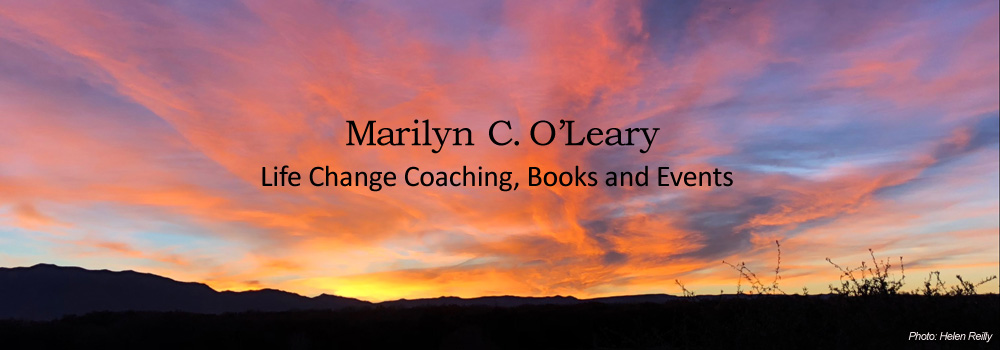Because my book group was reading Half the Sky, by Nicholas Kristof and Sheryl WuDunn, I drove up to Santa Fe to hear Kristof speak. A cheerful, unassuming, and incredibly committed man, the first thing he said as he looked out over the audience was “We’ve already won the lottery. If you are sitting here, you have already won the lottery.” I couldn’t get that thought out of my mind.
What would it mean for you to win the lottery?
For those of us listening to Nicholas Kristof, we had the freedom to buy a ticket, to leave our homes and go out in the evening, to have dinner in a restaurant before the talk, to congregate with others of like mind, to buy a book if we wanted to, to be safe, to have electricity to light the theater, to have fresh water to drink from water fountains. In short, an evening that many people in the world could never hope for. An evening of luxury people living one hundred years ago could never imagine.
For most people, the fantasy of winning the lottery includes the idea of freedom. Never having to work again. Having what you want. Paying off all your bills. Ideas that have to do with money. But I think the real idea of freedom is not simply having what you want, but being who you want to be. And feeling like you’ve always wanted to feel. What would it feel like to have anything you wanted? To be who you secretly know you could be? What if you could have those feelings now?
This is about happiness. What does happiness mean to you? We assume we’d be happier if we won the lottery. But we don’t need to wait for such an unlikely phenomenon. Happiness usually results from living according to our values or attaining a goal of our own choosing. Happiness has to do with feelings of worthiness and belonging, with feeling accepted for being oneself, with feelings of well-being. It’s much more than having money.
Pretend you just won the lottery. What would your life be like if you were free to choose the life you wanted? (And, for the most part, you are.) Get into the feeling of what it would be like. Carefree? Relaxed? Open to possibilities? Taken care of? Lucky? (Surely lucky!) Take a deep breath and feel those good feelings. Then, from that place, make a schedule of your perfect day. Here’s an example of a relaxed and worry-free day.
7:00 – 8:30 Arise, make coffee, read, journal, meditate
8:30 – 9:30 Eat breakfast, shower, dress
9:30 – 12:00 Work/create/volunteer
12:00 – 1:30 Exercise
1:30 – 2:30 Lunch and rest
2:30 – 4:30 Write poetry, play music, be with friends, take care of living issues
4:30 – 6:30 Fix and eat dinner
7:30 – Visit with friends, read, watch tv and movies, take classes
Another example of a perfect day comes from my brother John. John is 16 years younger than I am, the baby of the family, and has a more relaxed view of life than I do. When I visited John and Nancy at their home in China, this was how we spent our day and how John likes to spend his day wherever he is: eat a little, work a little, shop a little, rest a little. That’s not a bad schedule, especially when resting includes anything else you like to do.
What would your perfect day look like? Write it down.
Once you have written out your perfect day, take one of the items in your list and add some detail. For example, you could expand “exercise” into “join a hiking group, walk three times a week, train for a triathlon.” The possibilities are limitless.
Begin to have it, do it, be it, now. Choose one change you want to make and commit to it. Then set a time to go back to your list on a regular basis to see if you are having, doing, being what you want. Remember, you’ve already won lottery!

